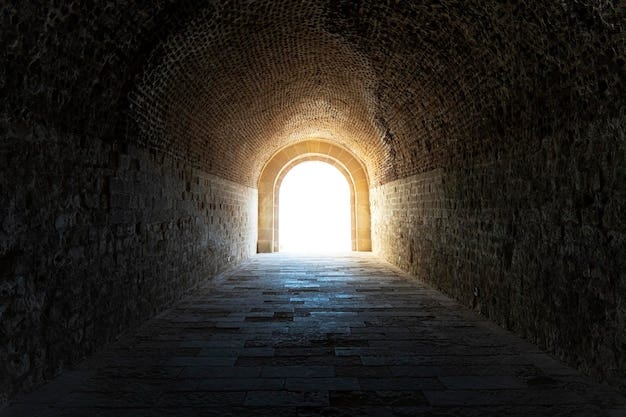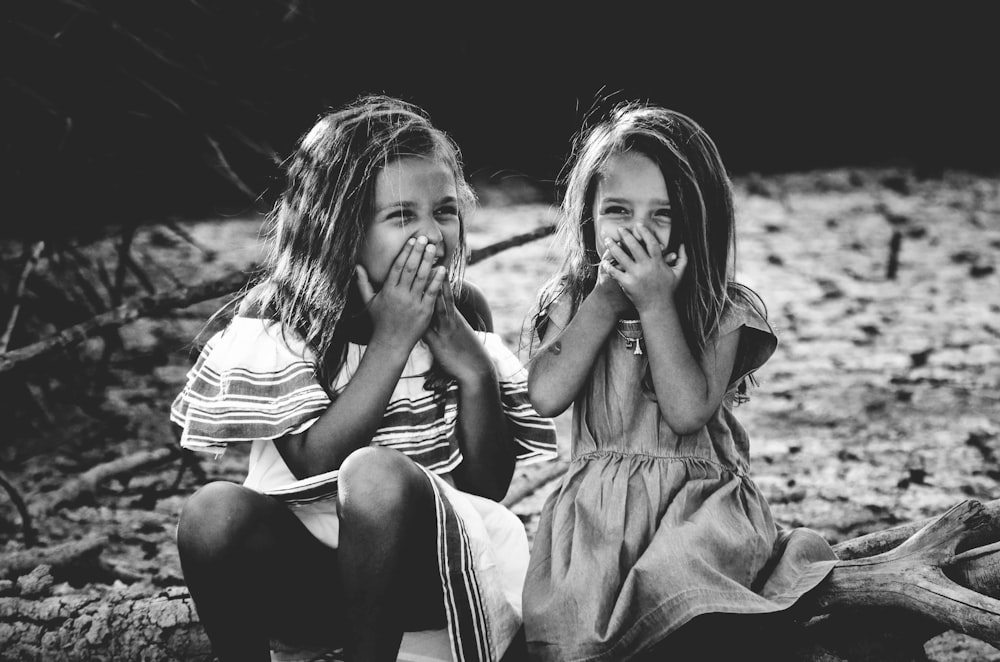Dear Readers,
FC 96 on Loneliness and Solitude had a good readership, but the comments were not as many as I would have wished. I called up a couple of usual suspects, and I was told they were in solitude, which sort of made me experience loneliness!
I did get a comment from Abhay who quoted from Ralph Waldo Emerson's 'Self Reliance: “It is easy in the world to live after the world’s opinion; it is easy in solitude to live after our own, but the great man is he who amid the crowd keeps with perfect sweetness the independence of solitude.”
Rajesh Patel also responded with a few verses in Hindi which characterize ‘loneliness’ as a punishment and ‘solitude’ as a boon. Trepidation manifests in loneliness as tranquillity does in solitude. The author Gaurav Karn is of the view that solitude is a positive state of mind, whilst loneliness is negative.
Tarun Kunzru provides a geographical dimension and attributes solitude to sparsely populated mountainous terrains and loneliness to an agitated soul even while being part of a crowd.
Prabha Prasad says : Solitude is something you want to go into, whereas loneliness is something you want to come out of.
I got a text message from SG Murali who diplomatically hinted that FC 96 was quite heavy, and he suggested that I post something light. The readers may recall that I had published FC #80 in January under the caption Laughter The Best Medicine. I urge you to revisit it for a good laugh. However, in deference to Murali’s request, FC 97 will be:
😂 Light & Mirthful
We are all familiar with many words that are used in conjunction with ‘light’, such as a lighter vein, lighter note, to make light of, and so on. Mirthful means a sense of joy, a happy frame of mind, or something that would make you smile.
To say something in a lighter vein is to say something that makes light of a serious context.
For example, consider this sentence: ‘ He is in the hospital for a surgical procedure, but never misses the chance to flirt with the pretty nurses.’
To make this a bit mirthful we could say “The day he got admitted for a surgical procedure, the pretty nurse came up to him. As he was about to turn on his charm, she said, ‘Uncle, I am sister Mary. If you want anything, please press this button.’ You should have seen his face! Priceless!”
Speaking of light, I can think of a few situations when it shone through and when it eluded.
Thinking out of the box and hitting upon an idea is symbolic of a new light. But in a business discussion where lots of ideas are floated, but none work, one could say that at the end of it all that there was more sound than light. In this context, light is synonymous with solutions or a way forward.
A mirthful use of ‘light’ is seen in this anecdote: two patients in a psych ward find it very dark, so one shouts ‘And God said let there be light!’. The other exclaims, ‘I said nothing of the sort’.
‘Light at the end of the tunnel’ is a popular phrase used in all contexts. If someone is worried about his or her future, someone would say, “Don't worry, there will be light at the end of the tunnel.” But no one can say how long that tunnel might be. But some will make light of this by saying, “don’t wait forever, the light at the end of the tunnel may be turned off”, symbolic of opportunities drying up.
This search for the light at the end of the tunnel is not to be confused with ‘tunnel vision’ which simply means an excessive focus on a limited objective. It is like walking through a long and dark tunnel with a candle. In this context, one is reminded of the saying: ‘Be sure of the light you see at the end of the tunnel. It may well be an oncoming train.’ In other words, be sure of what you want to accomplish. Don’t be blindsided by what you think is the light at the end of the tunnel.
Laughter and mirth are synonymous, and both relate to a moment of happiness. Jokes are often the catalysts, and there are innumerable jokes which are in the form of a narrative, a limerick, a funny poem, a one-liner, a PJ or Dad joke, a riddle, and so on. In FC #80 I have given good examples of limericks.
An example of a one-liner: ‘A fine is a tax for doing wrong, & A tax is a fine for doing well.’
A riddle that I heard decades ago is : Q: What goes zzub zzub zzub? A: a bee flying backward.
The art of telling a joke and the art of listening are both important to be able to enjoy these humorous moments. What we call a ‘sense of humour’ is not just about cracking a joke, but also the ability to hear someone tell a joke and be able to laugh even if you have heard it before. You lack the sense of humour if you are a spoilsport who says, “Oh! I know this joke, it is quite old.”
I find it interesting to see how a joke, which I already know, is going to be narrated and enjoy the way it is presented. Many of the jokes which were laughed at in the past have become taboo. Jokes nowadays have to be politically correct, and that includes jokes about politicians too. Jokes about communities, religions, and other matters that are considered demeaning are a strict no-no. One might feel that a certain amount of fun has gone out of our life, and one may have lost the ability to laugh at ourselves and others as well. Regardless, these days one can’t say something insensitive and get away by saying, ‘I was just joking. Don’t take it seriously.’
As you are all aware, in the villages the locals take pride in their acting abilities and put up a drama where men don the role of women. [My sister-in-law, Nagaratnamma, founder of Stree Nataka Mandali, donned many male roles and created a history that even today remains unparalleled. It is a matter of pride for all of us that she is the only one in our family who has been conferred the Padma award for her lifelong commitment to stage both rural and urban, despite the struggles involved]
Let me share with you two humorous on-stage occurrences:
Diminutive in appearance, the owner of a drama company (as it is called) was playing the role of Prahlada, the son of a demonic father Hiranyakashipu, who despised Prahlada for worshipping the God instead of hero-worshipping the father. Prahlada believed that God is omnipresent and omnipotent. Here is where the particular scene is set.
On the stage, there are three pillars and in the hollow of the centre pillar is stationed the guy playing the God character. When a lever is pressed with the foot, the pillar opens up and the God character emerges to kill the demonic father.
It so happens that the role of the demonic father is played by a tall, hefty guy who has often not been paid his dues for acting by the owner donning the Prahlada role. When Prahlada is challenged to prove that his God is omnipresent, he is asked if he is in one of the pillars. ‘Yes, yes!’ exclaims Prahlada.
The father character walks past the centre pillar and points to the pillar next to it and says, “OK, I will believe you if you show me your God in this pillar.” The owner-Prahlada character is now sweating, and in a hushed tone urges the demonic father to move on to the centre pillar. But the actor doesn’t budge until he is promised that he would be paid all his dues immediately after the show. The drama then proceeds and God emerges from the centre pillar as planned, and the God character makes an impressive show of slaying the demonic father, much to the delight of all the villagers.
Here is the second funny on-stage situation:
In a village drama, the disrobing of Draupadi was to be enacted. The guy playing the character of Dushyasana had been briefed to stop pulling out the many layers of sarees when he came to the yellow saree. This guy was very keen that his newly-wed wife should witness his acting but for some reason, she was delayed. Our man was constantly casting a glance towards the audience to see if she had come. He was pulling out the red saree which was one before the yellow saree and just then his wife appeared, and he caught her smiling at him with admiration. With gusto, he yanked the red and the yellow sarees, leaving the school teacher playing the role of Draupadi standing on the stage in his striped underwear!!
If Readers have similar village drama episodes or anything humorous to share, please post them in the comments section.
I will stop here in the interest of space and time. But I shall share with you a limerick which is a form of verse having five lines where the first, second and the fifth lines rhyme with the third and fourth lines rhyming differently:
A circus performer named Brian
Smiled as he rode the lion
They came from the ride
But with Brian inside
And the smile on the face of the lion.
Cheers! Keep smiling, even if it can’t be seen behind that protective mask! See you next week.






Dear Pras, the terms light, drama, the striped shorts of Draupadi in FC 97 made me recall the play ‘Shudda Pitipiti’, the Kannada drama that you and I were a part of. Though a fifty sumers and more have passed, thinking about it, still brings a smile to the face. Your Mother-in-law (in real life) was the heroine in the drama and you were the hero and I the heroine’s father. Being a Malyali, your M-I-L did not know Kannada. She had written her script in English and memorised it. She did not know the meanings of the dialogue.
Half way during the play, there was a power shut down. Your M-I-L got her dialogue papers mixed up. What followed was mayhem. The dialogue was out of context and not how the plot should have progressed. You and I had to stage managed (literally) to keep the drama going. The audience had no idea the chaos that your M-I-L was creating. The author of the original story must have turned in his grave. To put an end to the agony, I the father of the heroine readily agreed to have the hero have his way (though he did deserve her) just to put an end to agony. Phew ! Gives me goose bumps even thinking about it.
Reminded me of my medical school days when the Professor in a clinical session asks us to throw some light on the diagnosis one not so bright classmate when queried directly took out his pen torch from his pocket and threw light on the patient with all of us in splits . Such were our lighter moments in Med School when the heat and the atmosphere around would be cooled